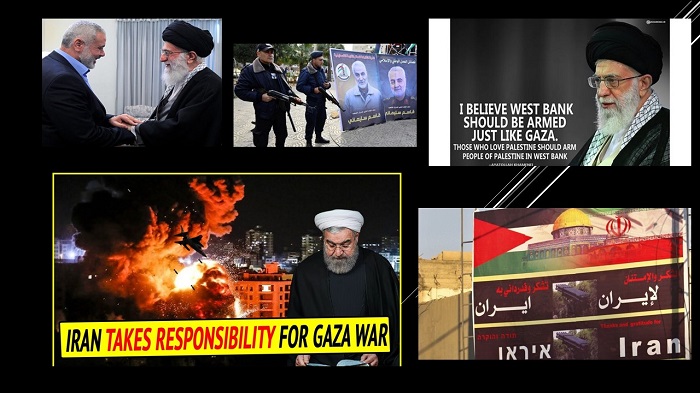Recently the former ambassador to United Nations, Nikki Haley, had twitted about the recent eleven-day war in Gaza in which Iran became the main beneficiary and began that escalation in the face of two crises, its presidential election and the international nuclear deal officially known under as the Joint Comprehensive Plan of Action or JCPOA.
“I bet if Biden warns he is pulling out of Iran deal negotiations if Hamas doesn’t stop the airstrikes, the war would suddenly come to an end,” the post read.
Iran’s administration is known to employ blackmailing, terror, and proxy wars to achieve its objectives. The state-run day Shargh of the government suggested this on 30 May, citing International Relations specialist Kayhan Barzegar, who talked about the JCPOA and its relevance to regional affairs.
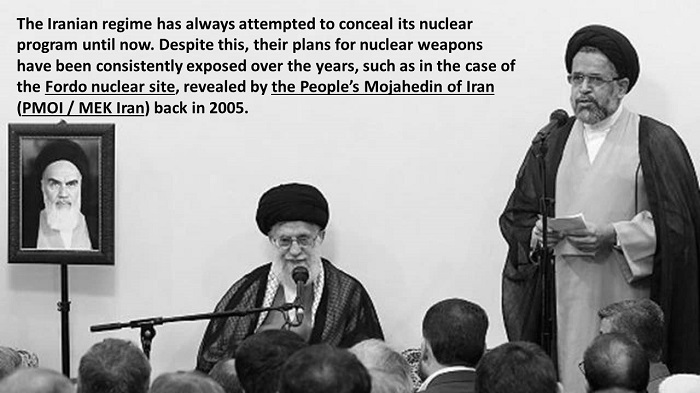
“One of the main roots of pessimism, beyond the technical issues of how to lift sanctions all at once, goes back to the West’s repeated demand that Iran accepts that the nuclear talks include a wider range of regional issues and the limitation of Iran’s missile program.”
“But the West must understand that the successful revival of the JCPOA will itself lead to regional negotiations because when the sense of strategic threat to Iran from the United States and the West is partially resolved by the revival of JCPOA, our country ‘naturally’ enters meaningful regional talks to resolve the current crisis.”
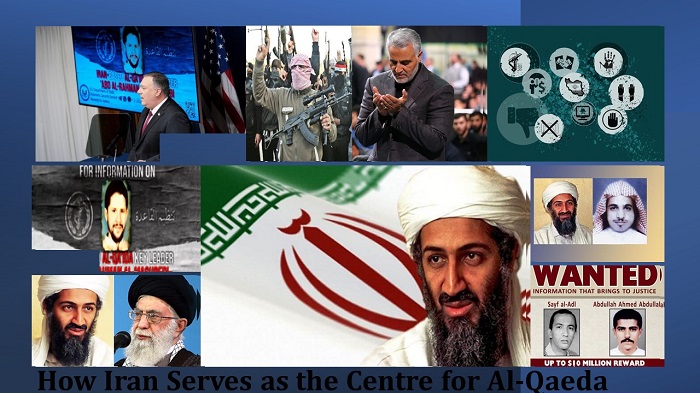
“The conclusion of the JCPOA goes beyond the lifting of economic sanctions, but also a testing ground for Iran to build trust and further dialogue with the West to resolve current geopolitical problems, including stabilizing Iran’s position and role in the post-Arab Spring vacuum and resolving the current crisis in Syria, Iraq, Yemen, etc. were within the framework of the country’s interests.” Barzegar continued.
This fact has been highlighted by officials on multiple occasions because Iran is the country that suffers the most from regional instability and the presence of foreigners.

Barzegar addressed the topic of missile restraint and how it only serves to obstruct the JCPOA negotiations. Iran’s geopolitical predominance in West Asia enables it to use its field role and diplomatic influence to achieve the greater goal of regional stability, which is unquestionably in the country’s national interest.4
“The West’s insistence on the issue of missile restraint has always been useless and the only disruption to the negotiation process. Indeed, the successful revival of the JCPOA is a ‘precondition’ for lasting regional stability.”
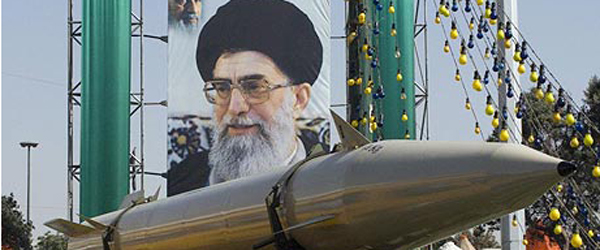
“The successful revival of the JCPOA and Iran’s relative withdrawal from the strategic distrust of the West and the United States is an important step toward Iran’s constructive and meaningful entry into resolving regional disputes. She noted.
The West must reconsider its stance on the JCPOA triangle, regional issues, and missiles, which could aggravate the current mutual distrust and potentially jeopardize future nuclear agreements.
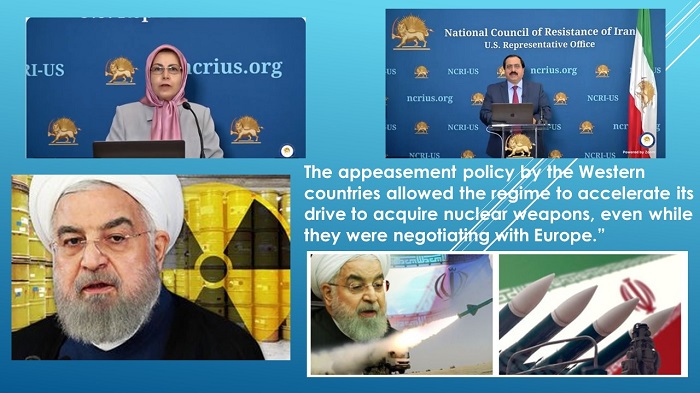
MEK Iran (follow us on Twitter and Facebook)
and People’s Mojahedin Organization of Iran – MEK IRAN – YouTube


